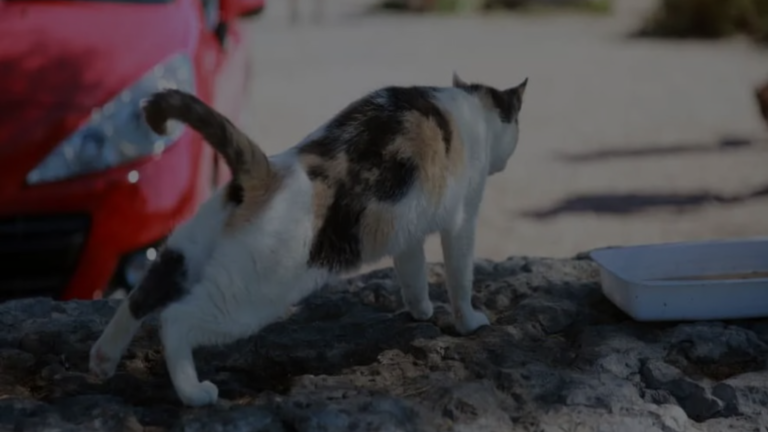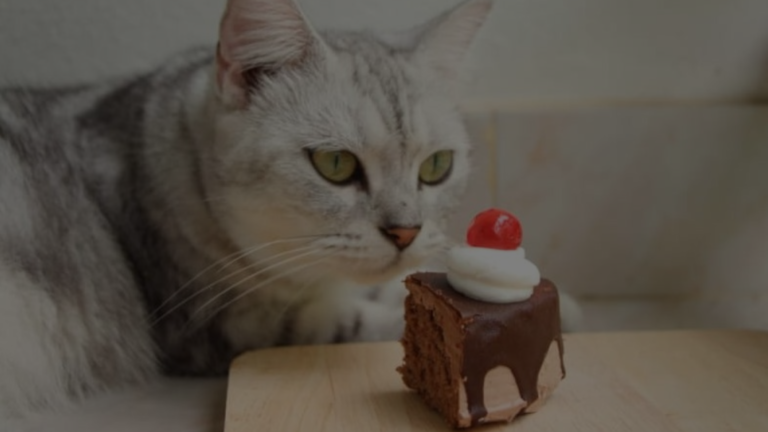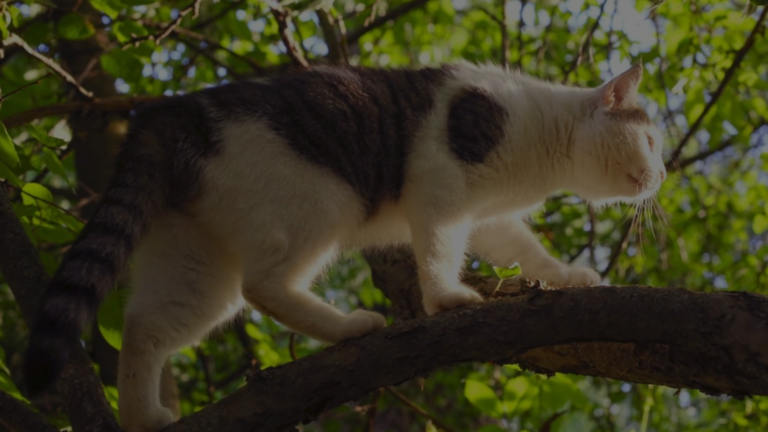Hyperthyroidism is a common medical condition in cats, especially among older feline friends. While it’s treatable, there may come a point where making the decision to euthanize your beloved pet becomes a topic of discussion. In this article, we’ll explore when to euthanize a cat with hyperthyroidism and provide guidance on when euthanasia might be the most compassionate choice.

Understanding Hyperthyroidism
Hyperthyroidism is a thyroid gland disorder that affects cats, leading to an overproduction of thyroid hormones. This condition can wreak havoc on a cat’s overall health and quality of life.
Symptoms of Hyperthyroidism
Identifying hyperthyroidism in your cat is crucial. Look out for these common symptoms:
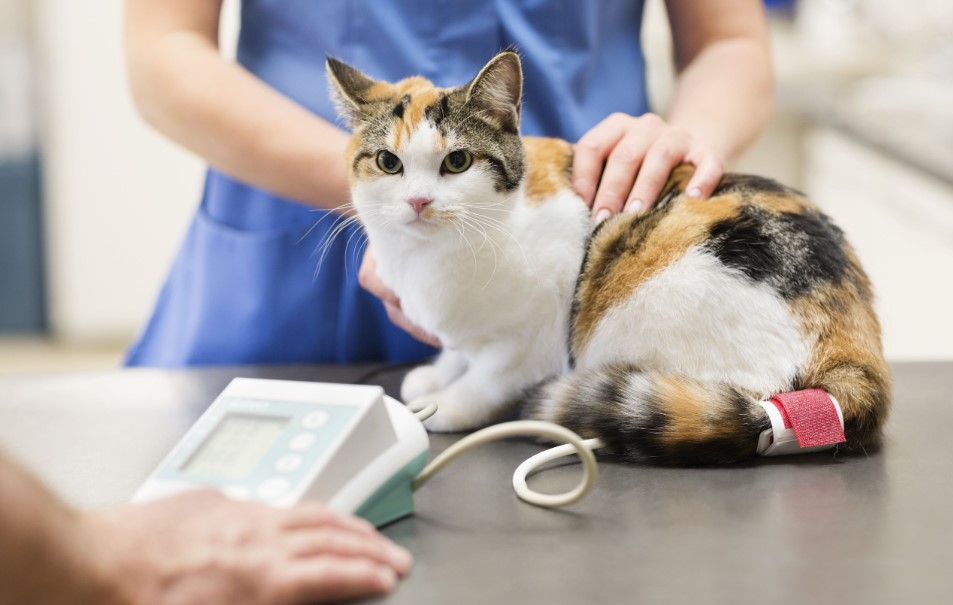
- Weight Loss: Cats with hyperthyroidism often lose weight despite having a healthy appetite.
- Increased Appetite: Your cat may seem ravenous, yet still lose weight.
- Hyperactivity: Restlessness and increased activity levels can be observed.
- Vomiting and Diarrhea: Gastrointestinal issues are common.
- Poor Coat Condition: The fur may appear unkempt and greasy.
- Increased Thirst: Cats may drink more water than usual.
- Lethargy: Some cats may become lethargic as the disease progresses.
Treating Hyperthyroidism
Effective treatment options are available, including medication, surgery, and radioactive iodine therapy. Consult your veterinarian to determine the most suitable approach for your cat’s condition.
Making the Tough Decision
As a responsible and loving pet owner, it’s essential to consider your cat’s well-being when managing hyperthyroidism. Here are factors to help you decide when euthanasia might be the kindest choice:

Quality of Life
The primary consideration should be your cat’s quality of life. Are they in pain or discomfort? Is their daily life filled with suffering? If the answer is yes, it may be time to consider euthanasia.
Treatment Effectiveness
Evaluate how well your cat is responding to treatment. Some cats may not respond to therapy, or the side effects of medication could outweigh the benefits.
Financial Considerations
Treatment costs for hyperthyroidism can add up over time. Consider your financial situation and whether you can continue to afford treatment without compromising your own well-being.
Emotional Impact
Assess the emotional toll on both you and your cat. Prolonging suffering can be emotionally draining, and your cat may pick up on your distress.

Veterinary Guidance
Always consult your veterinarian before making any decisions. They can provide invaluable insights into your cat’s condition and help you make an informed choice.
Saying Goodbye
If you decide that euthanasia is the best course of action, it is important to create a peaceful and loving environment for your cat’s final moments. Many veterinarians offer in-house euthanasia services, ensuring your pet is comfortable in a familiar environment.
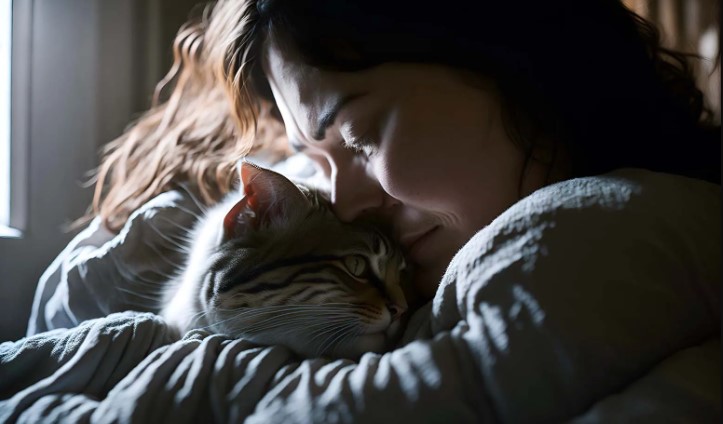
Resources & References
Here are some helpful resources for further information:
In conclusion, deciding when to euthanize a cat with hyperthyroidism is a deeply personal and challenging decision. Your cat’s comfort and well-being should always be the top priority, and seeking guidance from a veterinarian is crucial. Remember that you’re not alone during this difficult journey, and there are resources available to support you and your beloved pet.
FAQs – When to Euthanize a Cat with Hyperthyroidism
What are the end stage symptoms of hyperthyroidism in cats?
Severe weight loss, lethargy, loss of appetite, severe vomiting or diarrhea, difficulty breathing, seizures, and collapse.
How long can a cat survive with untreated hyperthyroidism?
Untreated hyperthyroidism is a progressive disease, and cats can live several years with it, but their quality of life will be poor.
Is my cat in pain with hyperthyroidism?
It is possible that your cat is in pain, especially if they have secondary conditions such as heart disease or kidney disease. Your veterinarian can assess your cat’s pain level and prescribe medication if needed.
How can I fatten up my cat with hyperthyroidism?
Feed your cat a high-calorie, high-protein diet. You may also need to feed them more often than usual. Your veterinarian can recommend a specific diet for your cat.
How does a cat with hyperthyroidism feel?
Hyperthyroid cats often feel restless and irritable. They may also experience increased thirst and urination.
What not to feed a cat with hyperthyroidism?
Avoid feeding your cat foods that are high in iodine, such as seafood and eggs. You should also avoid feeding them table scraps.
Do cats with hyperthyroidism poop less?
Constipation is a possible side effect of hyperthyroidism medication. However, some cats with hyperthyroidism may also experience diarrhea.
What is the best food for a cat with hyperthyroidism?
The best food for a cat with hyperthyroidism is a high-calorie, high-protein diet that is low in iodine. Your veterinarian can recommend a specific diet for your cat’s individual needs.



